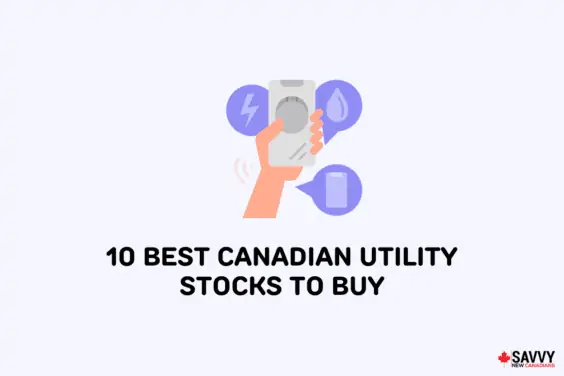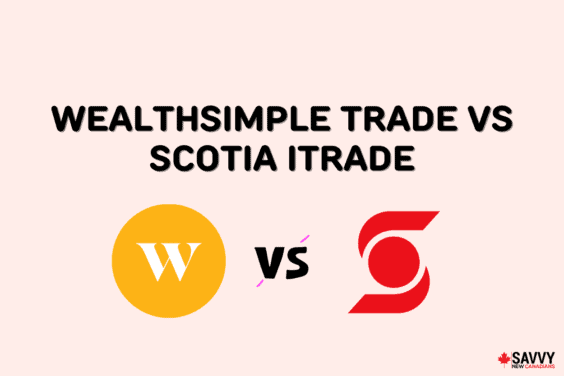For day traders, using a TFSA seems like the obvious choice. Any capital gains earned in your TFSA are tax-free, so you can keep trading to your heart’s content… not so fast!
The CRA is cracking down on day trading in TFSAs, and there is now legal precedence for it. So, what does the CRA consider to be day trading in a TFSA in 2023?
Key Takeaways
- There are no rules against day trading in a TFSA, but the CRA is cracking down on it.
- If it is deemed that you are operating a business trading in your TFSA, the CRA will tax you on your gains.
- There is legal precedence that the CRA can tax day-trading in your TFSA as a business.
- The CRA considers the volume of transactions and the period you hold them as criteria for day trading.
What is Day Trading?
Before we get into the details, let’s review what day trading is. First of all, day trading is considered a legal way to make money in Canada. There is no limit to the number of trades you can make in a trading session.
Day trading involves buying and selling an asset like a stock, usually within the same trading session. There are some notable variations of day trading, like swing trading or scalping, but generally, day trading takes place on the same day.
In Canada, you can day trade with stocks, ETFs, futures, options contracts, and even cryptocurrencies.
Can I Day Trade in My TFSA?
Since any capital gains, interest, or dividends are tax-free in a TFSA, wouldn’t it make sense to utilize this account for day trading? Not so fast! Although the CRA has no concrete rules around day trading in your TFSA, it is starting to crack down on it.
A recent court decision in the Tax Court of Canada by Justice David Spiro sided with the CRA against a Canadian day trader. This trader had grown their account to more than $600,000 by day trading penny stocks. For reference, the current lifetime contribution for a TFSA is $88,000, but it was considerably less when the trader accumulated this balance in 2011.
From this case, we have learned that the CRA will penalize you for day trading in your TFSA. There is now a legal precedence for it, even though there are no black-and-white rules about the volume of day trading you can do in your TFSA.
What Does the CRA Look At For Day Trading in a TFSA?
Since there are no hard and fast rules about day trading in a TFSA, we can only speculate as to what they look for. If you over-trade in your TFSA, the CRA can argue it is a business, especially if it makes more income than your other sources. Here are some ways the CRA can monitor your day trading activity in your TFSA.
- Volume of transactions
- How long you own assets like stocks before selling them
- How much time the CRA deems you are spending trading
- How high your TFSA balance is, and if it was made through trading
There are other things the CRA will likely point to as day trading in a TFSA. The bottom line seems to be: that if capital gains are your top source of income, then you will need to register your trading as a business.
If you are a business, you cannot be day trading in a TFSA, as only individuals can fund the account.
Can I Day Trade in an RRSP?
RRSPs are slightly different from the TFSA when it comes to day-trading. With an RRSP, there is no limitation on day trading. As long as the assets were qualified, the income derived would not be taxed as a business in Canada.
Is that good news? Sure. But remember, with an RRSP, there is a time limit. Once you turn 72, your RRSP will convert to an RRIF, and you must withdraw a certain percentage each year until you pass away. This means you are paying more tax each year, and then your beneficiaries will be left with an even larger tax bill upon your death.
Regardless of what account is used, day trading is still a risky investment strategy when compared to just buying and holding investments. Make sure you are comfortable with these risks before getting started with day trading.






